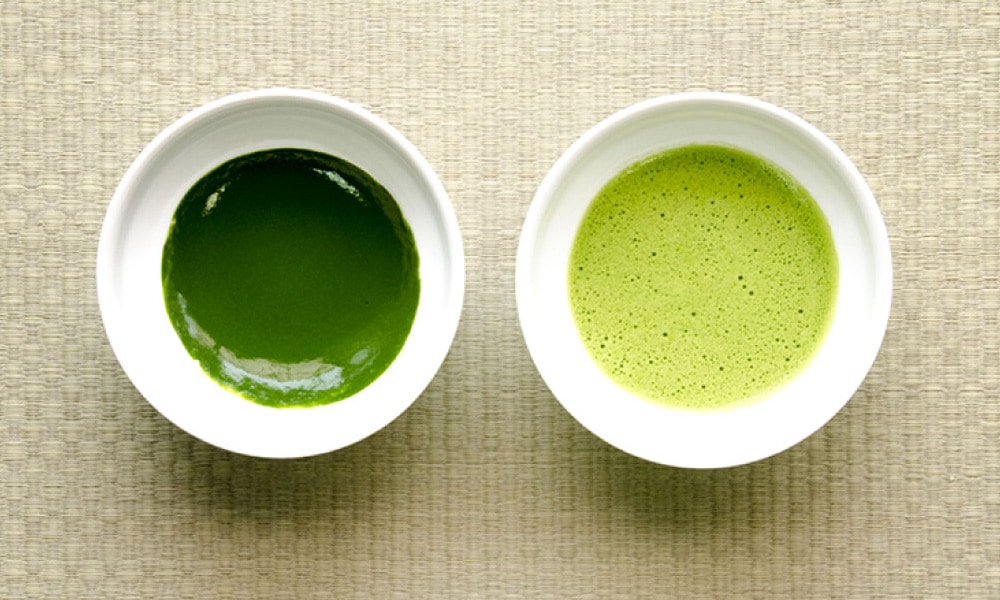New Matcha WAKABA Limited edition, only tea leaves picked this year 30g
New Matcha WAKABA Limited edition, only tea leaves picked this year 30g
ไม่สามารถโหลดความพร้อมในการรับสินค้าด้วยตนเองได้
Product details
Product details
- Product name : Matcha tea powder
- Raw materials :
- Origin : JAPAN
- Expiry date : about 8 months
- Manufacturer : YAMAMASA-KOYAMAEN


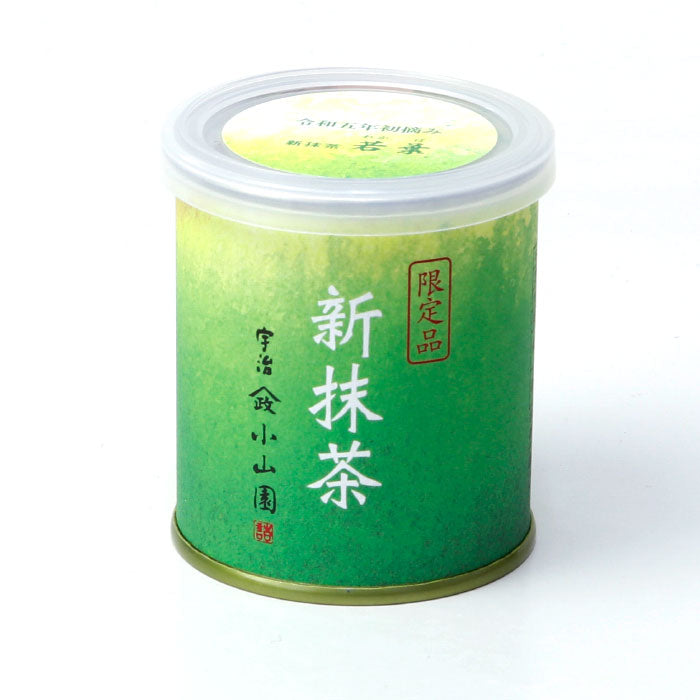
Sales period: Until the end of July
Yamamasa Koyamaen Matcha Recommended Guide |
|---|
|
Yamamasa Koyamaen Select by tea name
| Thin tea | Thick tea | |
|---|---|---|
| ・SHIKIBU-NO-MUKASHI ・OGURAYAMA ・SAMIDORI ・MATSUKAZE ・MAKI-NO-SHIRO |
Highest rank ・TYAJU-NO-MUKASHI ・KASUGA-NO-MUKASHI ・TENNOUZAN |
|
| Culinary Grade | ||
|
Premium class Culinary Grade A Culinary Grade B Culinary Grade 1 Culinary Grade 2 |
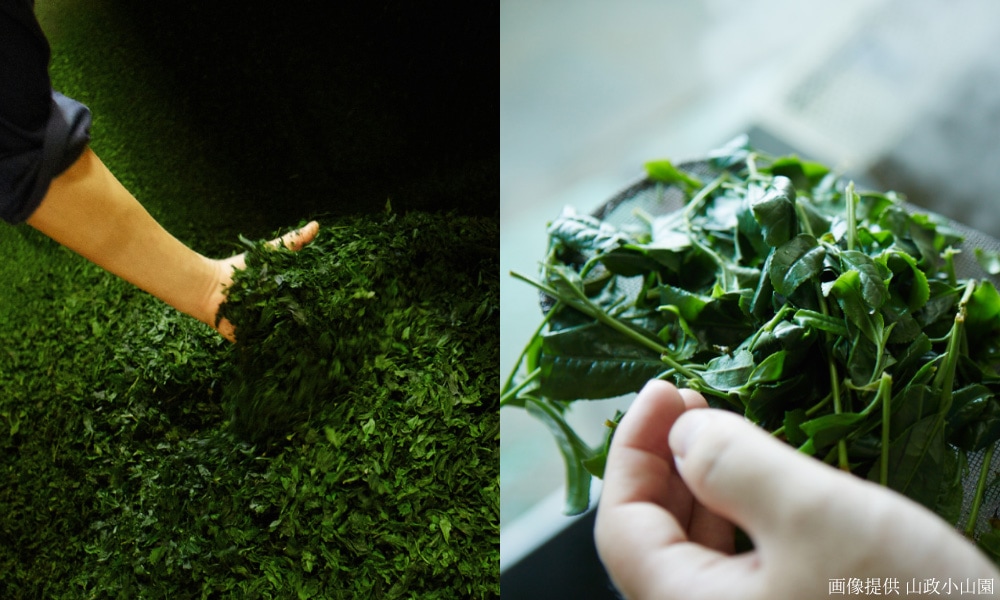
Yamamasa Koyamaen, a long-established matcha factory in Uji, Kyoto, the home of matcha.
Yamamasa Koyamaen is a well-established name in Uji City, Kyoto Prefecture, the home of matcha since the early Edo period.
It is a well-known and proven matcha manufacturer in the world of matcha for the tea ceremony, where high quality is a must.
It offers very high cost performance (taste, color, aroma, and flavor for the same price product).
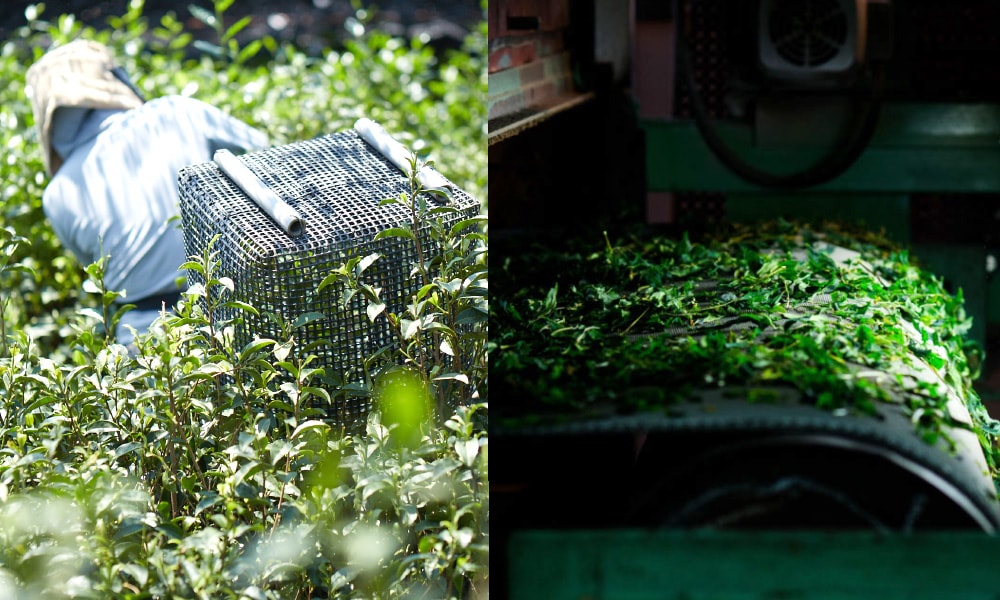
High quality tea leaves grown in the rich soil of Uji, Kyoto
The clear waters of the Uji and Kizu Rivers in the southern part of Kyoto nurture Uji's matcha. The tea plantation is covered with reed and straw for about 20 days before tea plucking begins in May. This is the source of the rich aroma, flavor, and bright green color of matcha. The sprouts are then immediately processed into tencha (powdered green tea) at the tea factory. The tea is first heated by steaming, then gradually dried in a drying oven, and then the stems and veins are removed, leaving only the pulp. The tea is then stored in a low-temperature cabinet (about 10 degrees Celsius) to allow it to mature before being ground into matcha (powdered green tea) in time for tea ceremonies and other events.
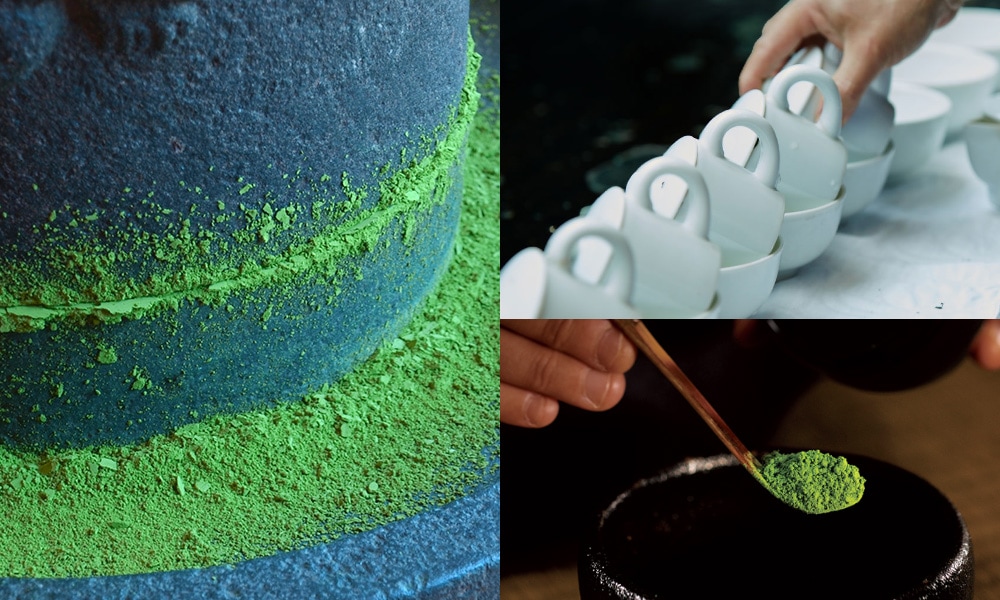
Traditional stone mill technology in a clean factory filled with the latest technology
Despite the increasing mechanization of the production process, nothing beats a stone mill for grinding tea. However, the stone mortar requires very difficult adjustments. At Koyamaen, we use our many years of experience and technology to produce matcha that is smooth and melts on the tongue.
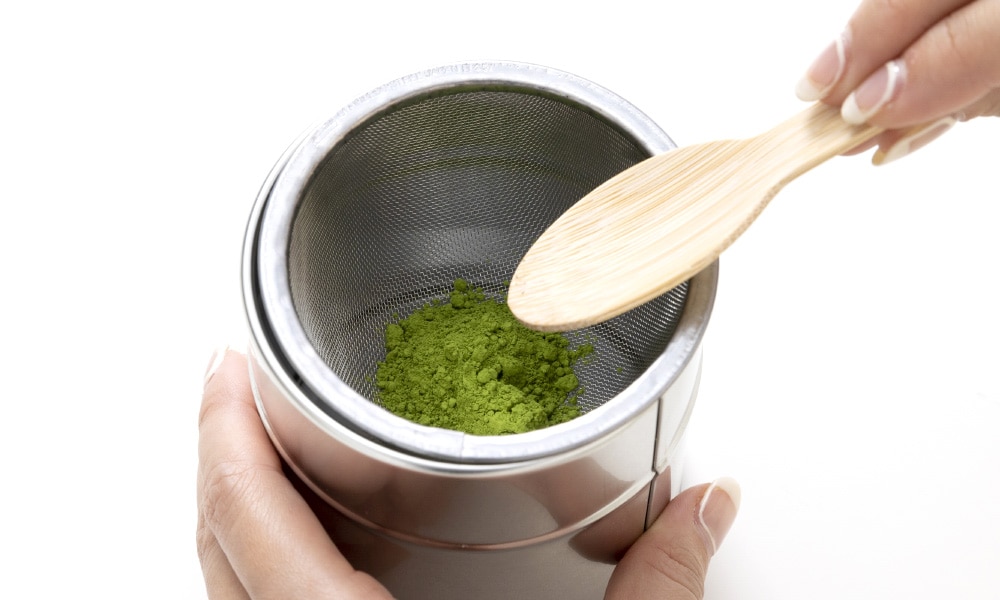
Matcha lumps
Matcha may have small lumps that make it difficult to brew, but this is due to static electricity and is not a quality problem. This is due to static electricity and is not a quality problem. If lumps form, we recommend using a matcha sieve.

Matcha is a Japanese superfood.
Tea is rich in antioxidants, catechins that suppress sugar absorption and promote fat burning, and tannins that suppress and decompose fat absorption. In addition, chlorophyll has the function of efficiently excreting unnecessary cholesterol, and vitamin C works together with catechin to suppress melanin pigment, which is said to be effective in forming beautiful skin.
Matcha is made from the whole tea leaves, so you can take in all the rich and high-quality nutrients contained in the tea leaves.


